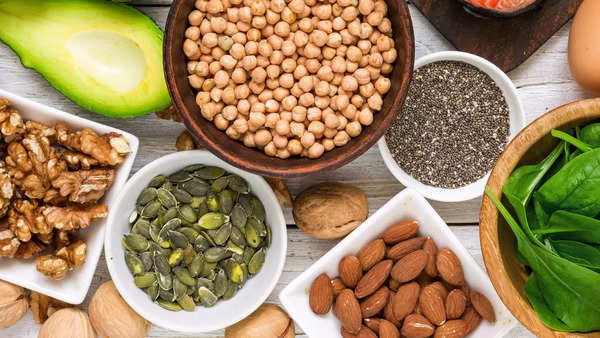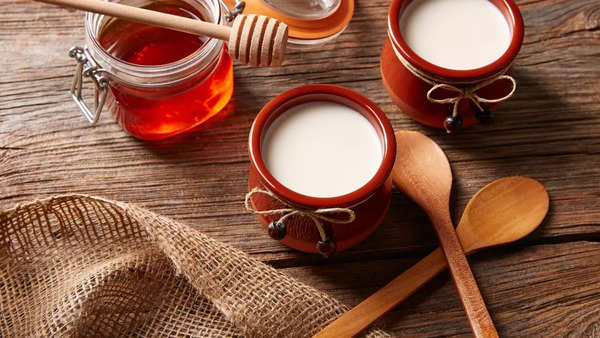Legumes
Legumes such as chickpeas, lentils, and various beans are packed with zinc. For instance, a cup of cooked chickpeas provides approximately 2.5 mg of zinc, making it a substantial addition to your diet. Lentils and beans offer similar benefits, making them versatile ingredients for soups, stews, salads, and more.

Nuts and Seeds
Nuts and seeds are excellent sources of zinc, with pumpkin seeds leading the pack. A mere ounce of pumpkin seeds contains about 2.2 mg of zinc. Similarly, hemp seeds and flaxseeds are also good sources, providing a nutrient boost to smoothies, yogurts, or salads.
Whole Grains
Whole grains not only offer fiber and essential nutrients but also contain zinc. Quinoa, in particular, stands out with approximately 1.5 mg of zinc per cooked cup. Brown rice and oats also contribute to your zinc intake, supporting overall health and well-being.
Dairy Products
For lacto-vegetarians, dairy products like yogurt and cheese are valuable sources of zinc. A single serving of yogurt can provide around 1-2 mg of zinc, depending on the type and brand. Cheese also contains zinc, although the amount varies by type and processing method.

Eggs
Eggs are another excellent source of zinc for ovo-vegetarians. A large egg typically provides about 1 mg of zinc, along with other essential nutrients like protein and vitamins.
Dark Chocolate
Dark chocolate with a high cocoa content is surprisingly rich in zinc. Consuming an ounce of dark chocolate can contribute approximately 1 mg of zinc to your daily intake, making it a delicious and nutritious treat.
Tofu
Tofu, a staple in vegetarian diets, offers a moderate amount of zinc. A half-cup serving of tofu provides around 1 mg of zinc, making it a versatile ingredient for stir-fries, curries, and salads.
Vegetables
Certain vegetables, such as mushrooms and spinach, contain small amounts of zinc. While not as high as other sources, incorporating these vegetables into your meals adds to your overall zinc intake and provides a range of other essential nutrients.

